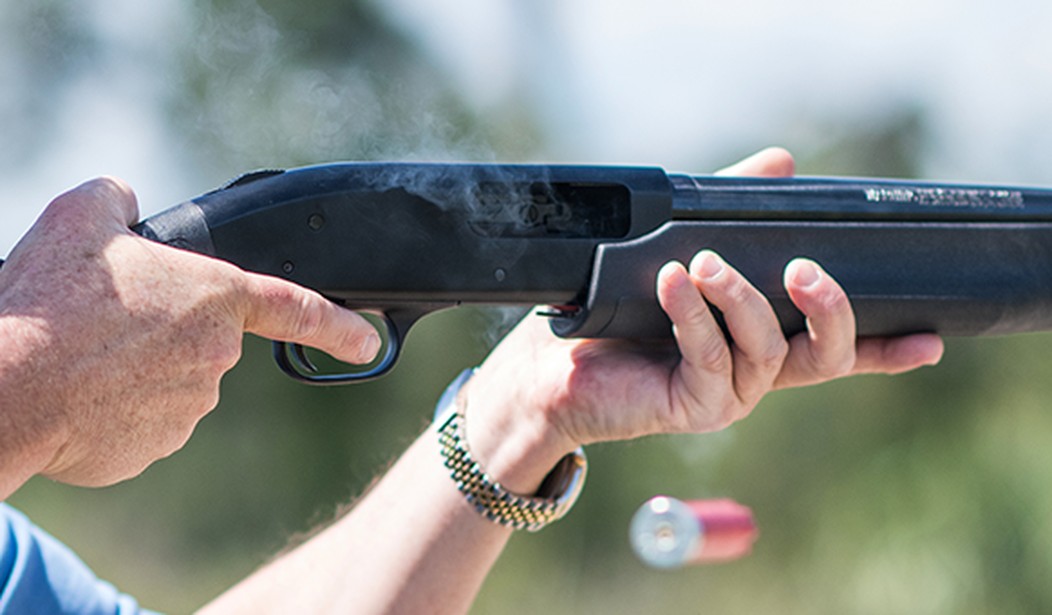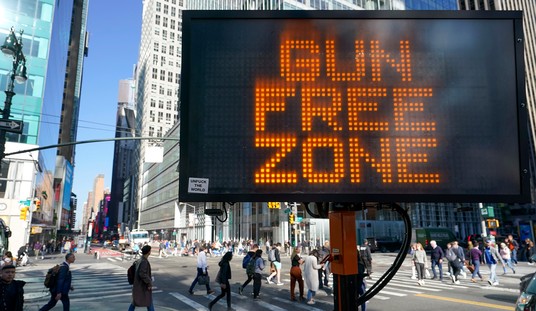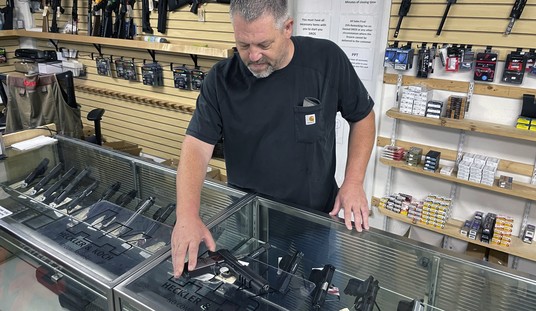Lately, the media has been all abuzz over so-called smart guns. That’s hardly surprising, in part because the media likes running with the marketing copy on new technologies without really understanding if that technology is practical for its intended market.
That’s especially true with almost anything to do with firearms.
When it comes to smart guns, there are issues that would seriously need to be addressed before they can ever be considered viable by the gun-buying community.
Cost
At this point, the smart guns being bandied about as viable options are anything but affordable. The cost is on par with a Wilson Combat, which would be fine if they also had Wilson Combat’s reputation.
They don’t.
Instead, these are being introduced by new companies with no track record in the gun space, which means anyone who buys one is taking a chance on the firearm’s quality, accuracy, and reliability. I don’t know many people who are willing to gamble like that.
Unreliable technology
So-called smart guns rely on various types of technology to operate. This isn’t brand new tech by any means. In fact, all of it exists with other products like cell phones, computers, and in some cases, gun safes.
The problem, however, is that almost all of them have issues. Technology that allows one to unlock their laptop or phone doesn’t always work, as the Second Amendment Foundation’s Paul Lathrop recounted to me during the Polite Society Podcast earlier this week.
And this is on two of the more robust and proven systems we currently use, and you think I’m going to jump up and down in excitement to have that kind of unreliability added to my firearm?
Plus, fingerprint readers are a big issue in places like where I live. Wet hands interfere with the readers, and fingers wet with sweat are common here.
Now, it’s not an issue during Southwest Georgia’s winter. There’s no real risk of sweat during either week of it, truth be told.
The rest of the time, though, it’s just another problem.
Unrealistic understanding of self-defense
One of the smart guns being paraded through the media right now is proud that there’s a backup system in place. If the gun doesn’t unlock, you can input a PIN to unlock it.
That’s spiffy if you’re at the range, but what if you’re trying to deal with an armed intruder?
“Excuse me, Mr. Badguy? Can we have a time-out? Yeah, sorry, but I need to unlock my gun. I’ll be with you in a jiff.”
Obviously, that won’t happen. Instead, the person just dies.
And, as brought up during the Polite Society Podcast linked above, what if you need to use your phone to call 9-1-1 but also need to unlock your gun with it? After all, you will need to call 9-1-1 at some point, and if you’re outside your home, that cell phone becomes even more important. If you’re using that to talk to the police dispatcher when you need your gun, you’re just screwed.
All of this spawns from an unrealistic understanding of self-defense. You don’t have infinite time to fiddle with backups.
Assuming the technology-based backup works when you try to use it.
Sure, gun safes contain some of this same technology, but they also include some old-time backup that you can just go to from the get-go. Biometrics look cool in the movies, but a key works every time.
Why should we trust it when the government doesn’t
A lot of police officers have been killed with their own service weapons over the years. As such, if this technology was trustworthy for us, we’d see tons of law enforcement agencies jumping at the opportunity.
So far, they’re not.
Yes, at least one company says their weapons are being tested with an unnamed department, but the fact it’s unnamed is a problem for me. I can’t evaluate the trust being placed in this weapon without knowing the department. I can’t seek out officers from that department to see what their experience is like.
More importantly, I can’t see if this is a major department or a small-town agency with one full-time officer and a couple of part-timers who haven’t seen a violent crime since the Nixon administration.
Believe me, it matters.
Look, understand, I’m no Luddite. I love technology, even if I’m not an early adopter. I love seeing how technology performs and how it becomes viable.
I’m also not morally opposed to smart guns. While I don’t trust them, I will acknowledge they can earn my trust over time. I’d love to have a firearm that isn’t practical to steal or that my kid can’t fool around with and have an accidental discharge.
But when it comes to life-saving technology like firearms, you’d better have all the bugs worked out and understand the gun community and what we expect if you think you can convince us that what you have is better than what we’ve been trusting for the last century.








Join the conversation as a VIP Member